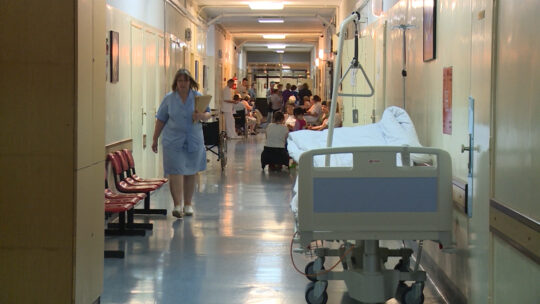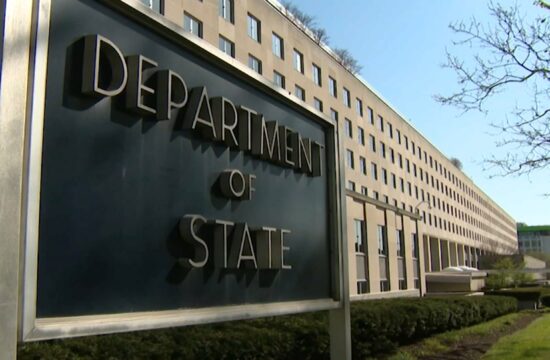Peace, stability, socio-economic development and the rule of law are the goals that all Bosnia's officials and political parties are tasked with, head of Bosnia's government Denis Zvizdic said on Monday, adding that these goals can be achieved only if essential reforms on the road to European and NATO integration are implemented.
Zvizdic's statement came amid the political discussion on whether Bosnia's Council of Ministers will adopt the country's first Annual National Programme (ANP), which means a step forward on Bosnia's road to the alliance.
Adoption of this document does not mean Bosnia's full membership in NATO and those saying it are misinforming the public, Zvizdic warned.
“This misinformation is aimed to strengthen the policies which object the NATO integration and to push to the background the discussion on benefits that Bosnia and Herzegovina would get if the ANP is adopted, if the MAP (Membership Action Plan) is activated and if further progress towards the NATO integration is made,” he said.
Main political stakeholders in Bosnia are deeply divided on possible membership in this military bloc. While the Serb leadership strongly object it, the other two major ethnic groups, the Bosniaks and the Croats, support the membership alongside with the membership in the European Union (EU).
Authorities of Bosnia's Serb-majority entity, Republika Srpska (RS), made this stance official and adopted in 2017 a resolution on military neutrality, hindering in that way a possible accession as the state-level institutions would need approval of both Republika Srpska and the Federation (FBiH), another semi-autonomous entity, shared by the Bosniaks and the Croats, who support the NATO integration.
Zvizdic recalled of the NATO officials’ statements, quoting them as saying that “the Annual National Programme is yet another step in providing assistance to Bosnia and Herzegovina in improving the situation in many sectors, involving more efficient and economical defence and security capabilities, improving response to natural disasters, increasing interoperability with other NATO partners and raising contribution to overall regional stability.”
The outgoing Council of Ministers’ Chairman urged “pro-European” policies and those “advocating cooperation, compromise and joint work for the common good” to pass a “courageous” decision and vote for the first Annual National Programme (ANP), in order to create conditions for a stable and prosperous future of the new generations.
As a result of Republika Srpska's objection to give its consent for the ANP, the post-election appointments in Bosnia's state-level government is on hold.
According to the rotation principle, this year it is a Serb candidate who is supposed to take the post of the Council of Ministers’ Chairman. To be appointed, the nominated candidate needs the consent of each of the three members of Bosnia's tripartite Presidency.
The Croat Presidency member refused to provide it.
“There’s a chance for the appointment. As soon as the Annual National Programme (ANP) for the NATO is adopted, the Chairman of Bosnia and Herzegovina’s Council of Ministers (CoM) can be appointed,” Croat Zeljko Komsic said last month.
RS President promptly reacted, warning Komsic that by doing that he might bloc the country's EU integration, which is among the rare foreign goals that all sides in the countries support.
Komsic should not block Bosnia's EU accession process with his condition for Bosnia's NATO accession, Zeljka Cvijanovic said.




